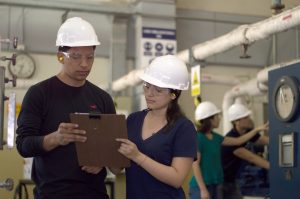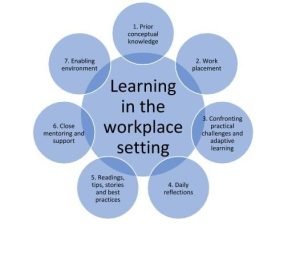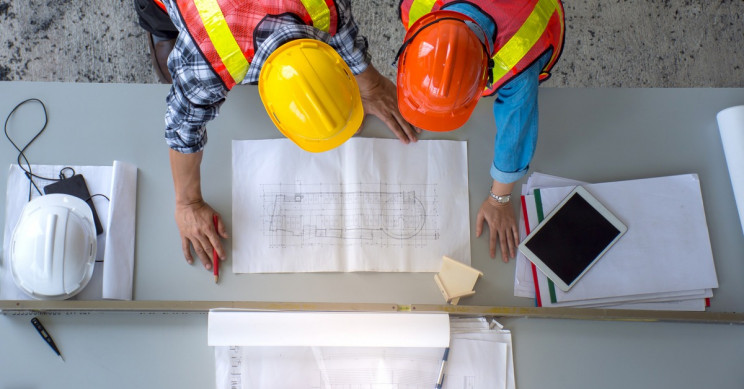Introduction:
Meet Dr. Maya Singh, a distinguished professor in mechanical engineering at a leading university. With over two decades of experience in shaping young minds and preparing them for the dynamic field of engineering. In this article, we delve into the transformative journey of engineering education.And also we guided by Dr. Singh’s expertise and insights. Join us as we explore the future of engineering education and the strategies driving its evolution.
Traditional vs. Modern Approaches with Engineering Education

In this section, we examine the shift from traditional classroom-based learning to modern, technology. With driven approaches in engineering education. Dr. Singh discusses the limitations of traditional methods and highlights the benefits of incorporating experiential learning about interdisciplinary studies. And project-based learning to foster innovation and problem-solving skills among students.
Engineering Education Embracing Digital Technologies:
With the rapid advancement of digital technologies, engineering education is undergoing a significant transformation. Dr. Singh shares how virtual reality, simulation software. And online learning platforms are revolutionizing the way students engage with course materials, collaborate with peers, and tackle real-world engineering challenges.
Cultivating Entrepreneurial Mindsets and Engineering Education
Entrepreneurship plays a crucial role in driving innovation and economic growth. Dr. Singh emphasizes the importance of instilling entrepreneurial mindsets in engineering students, equipping them with the skills. And their mindset needed to identify opportunities, take risks, and turn their ideas into successful ventures.
Industry Partnerships and Work Integrated Learning:

To bridge the gap between academia and industry, universities are forging strategic partnerships with leading companies. And also offering work-integrated learning opportunities to students. Dr. Singh shares her experiences in establishing industry collaborations. And also designing hands-on projects that align with industry needs, ensuring graduates are well-prepared for the workforce.
Diversity, Equity, and Inclusion in Engineering Education :
Creating a diverse and inclusive learning environment is essential for nurturing creativity, fostering collaboration, and driving innovation in engineering. Dr. Singh discusses the importance of promoting diversity and equity in engineering education. And highlighting initiatives aimed at attracting and retaining underrepresented groups in the field.
The Role of Lifelong Learning :
In a rapidly changing technological landscape, continuous learning is essential for staying relevant in the field of engineering. Dr. Singh shares her insights on the importance of lifelong learning and professional development. And she also encouraging students to embrace a mindset of curiosity and adaptability to thrive in their careers.
Leveraging Data Analytics for Personalized Learning:
Conclusion:
As we conclude our exploration of the future of engineering education, we reflect on the transformative strategies discussed by Dr. Maya Singh. From embracing digital technologies to fostering entrepreneurial mindsets and promoting diversity and inclusion, the future of engineering education holds immense promise. By staying agile, innovative, and student-centered, educators can empower the next generation of engineers to tackle the complex challenges of tomorrow with confidence and creativity.









